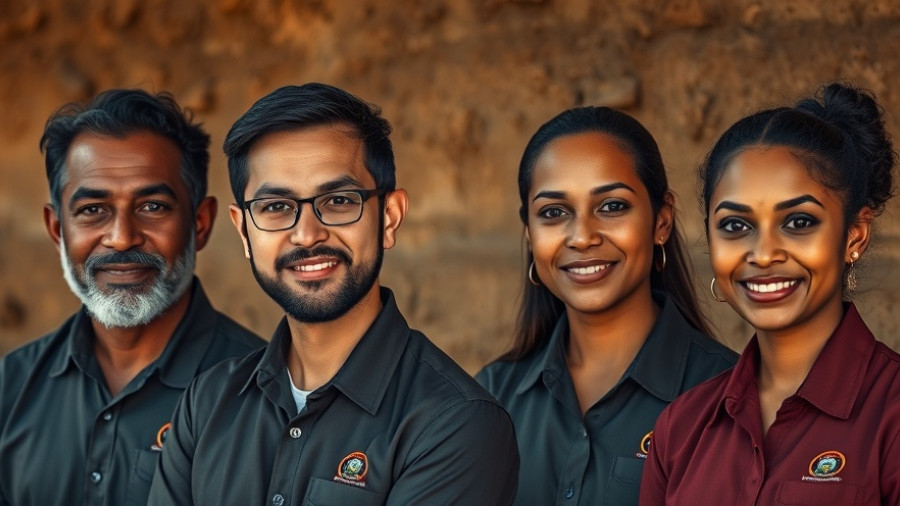
Finding Common Ground in the Fight Against Cancer
In a remarkable display of unity last month, over 500 volunteers from various political backgrounds gathered on the National Mall in Washington, D.C. The event, organized by the American Cancer Society Cancer Action Network, served as a poignant reminder that cancer transcends politics; advocates like Mary Catherine Johnson and Lexy Mealing, breast cancer survivors from New York, stood shoulder to shoulder as they pushed Congress to prioritize funding for cancer research and patient support amid a backdrop of political division.
The Urgency of Support Amid Political Gridlock
As the country faced a government shutdown, underscores the critical moment for bipartisan action on health issues. Reports show that more than 600,000 Americans are projected to lose their battle with cancer this year alone, emphasizing the importance of continued financial support for research and care. Johnson and Mealing’s stories highlight a common narrative that binds them to volunteers across the nation; they all have been affected by cancer. “It’s scary for my grandchildren,” Johnson remarked, voicing her concerns about the current political climate that detracts from essential health matters.
Pushing for Change: A United Front
Despite stark divisions on various issues, polls have indicated strong bipartisan support for cancer research funding, with 70% of voters deeming it crucial for the federal government to invest in medical research. The gathering not only served as a lobby day but also as a candlelight vigil—10,000 luminary bags holding the names of lives impacted by cancer lit up the night as a celebration of resilience and a stark reminder of the stakes at hand.
Voices of Hope: The Path Forward
As participants like Katie Martin shared their experiences, they articulated a broader yearning for collaboration. “We’re here for one cause,” she stated, reflecting the atmosphere of hope that permeated the gathering. This attitude resonates with ongoing bipartisan initiatives, such as the proposed Knock Out Cancer Act, which seeks substantial increases in funding for the National Cancer Institute and addresses critical issues like drug shortages. Such efforts represent a serious commitment to restoring momentum in cancer advocacy, which both Fitzpatrick and Dingell emphasize is urgently needed.
Concluding Thoughts on Community and Healing
The actions taken by these citizen lobbyists went far beyond mere political advocacy; they embody a broader movement towards healing and community solidarity in a time of increasing polarization. From reflecting on personal losses to advocating for communal gains, these volunteers demonstrated how collective action in the fight against cancer can pave the way for renewed hope and broader health care reform.
 Add Row
Add Row  Add
Add 




Write A Comment